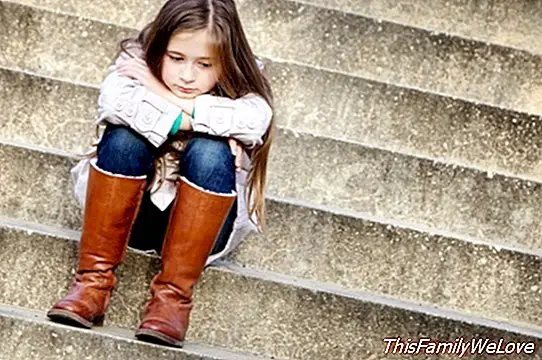Living homeless has consequences for the mental health of children

Live in family and in a happy home is essential at any age, but especially for children. This is reminiscent of an investigation carried out in the United States and published in the 'Early Childhood Education Journal' which revealed that 25 percent of children who are homeless end up needing mental health-related care.
The study, carried out by researchers from the State University of North Carolina (USA) and Community Action for Homeless Children (CATCH), has highlighted the need for children are detected and protected who live homeless in the United States and in the rest of the world.
Homeless children
As the lead author of the research, Mary Haskett, explains, children who are homeless "have often been exposed to domestic or neighborhood violence, chronic poverty, inadequate health care and other circumstances" that lead to small to have higher risks of suffering mental health problems.
"As a result of your exposure to those difficult circumstances of life", the authors comment," homeless children are at a much greater risk of developmental delays, social and emotional problems, and problems at school"In summary, this is a problem whose magnitude" is enormous ", especially considering that in the United States each year 2.5 million children are left homeless, according to a report by the National Center for Homeless Families.
The study was based on data from a total of 328 children between two months and six years living in shelters in Wake County, North Carolina. And he has found that this rate of 25 percent of children who need psychological help It is substantially higher than the percentage of American children who have social and emotional problems: between 10 and 15 percent.
Language problems in homeless children
But not only that. This research has also found another troubling fact: children of school age (between five and six years) analyzed in the study were below average in language and academic skills. Something that, although it affected both boys and girls, has been more stressed in children, who had more problems to learn to read.
"These results highlight the importance of provide resources to meet the needs of these children"concludes the report, which warns that 25 percent of the 2.5 million is 625,000, which means that in the United States each year there are 625,000 children who need mental health support." As a society, we can not afford the the luxury of dropping these children. "
Angela R. Bonachera




